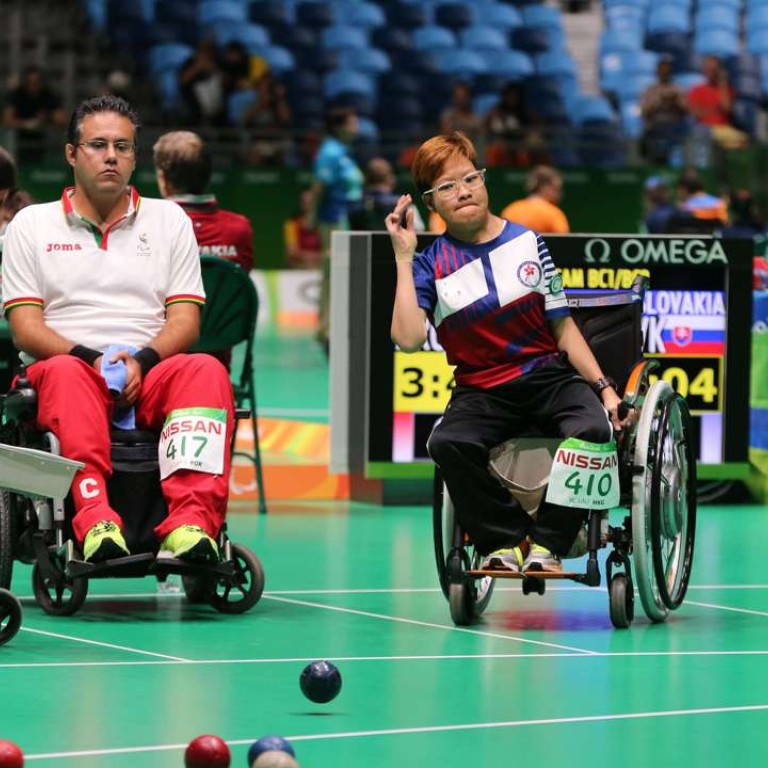
Disabled athletes embody the true spirit of the Olympics
The Paralympics are a reminder of what disabled people are capable of contributing to society given equality and respect
The few good things to come out of the last global conflict, apart from the defeat of tyranny, included humbling testaments to the resilience of the human spirit in the face of adversity. An enduring example became the Paralympic Games for the physically disabled and mentally impaired. They began life as the wheelchair games, organised by German-born doctor Ludwig Guttmann to coincide with the London Olympics as sports therapy for the war-wounded.
As a participant since the Summer Paralympics in 1972, Hong Kong has contributed to their growing recognition, reflected in an increase from 40-odd competing nations to more than 150 in Rio this year. In the process, of course, the competition has become tougher, making it harder for Hong Kong to repeat its successes of some past Paralympics.
In that respect, our Paralympians are entitled to be proud of their haul from Rio of two gold medals, two silver and two bronze, even if it fell short of their achievement in London four years ago, when they returned home with three golds, three silver and six bronze. Tang Wai-lok (200 metres S14 class freestyle) and Leung Yuk-wing (BC4 boccia) brought home the gold medals.
That said, if professionalism and nationalism test loyalty to the Olympic ideals, Paralympians can be said to uphold them in that they embody the sentiments of Baron Pierre de Coubertin, founder of the modern Olympics.
“The important thing” he said, “is not winning but taking part. What counts in life is not the victory but the struggle; the essential thing is not to conquer but to fight well.”
As a consolation of kinds, China chalked up unprecedented success with a record 107 gold medals. Ironically, they included wins in wheelchair fencing, in which Hong Kong failed to win gold for the first time since the 2004 Athens Games.
More than medals, however, the Paralympics are a reminder of what disabled people are capable of contributing to society given equality and respect.

